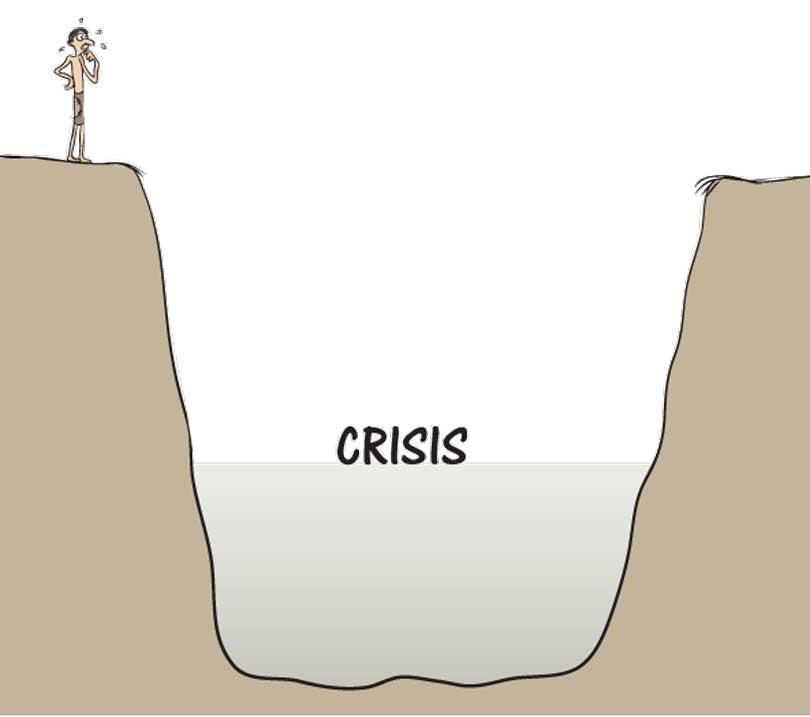Reply To:
Name - Reply Comment

The COVID-19 situation in the country is such that the media has stopped releasing daily tally of new infections. The number of new infections has been almost static between 500 and 700 for several weeks instilling confidence in the general public while withering away the media enthusiasm on the pandemic.
But, are we out of the woods? Going by the latest reports in the Western developed countries where the leaders hoarded several folds vaccines than their population while poor countries were struggling to contain the pandemic; we are still at risk. In fact, it was the vaccine that brought the situation in Sri Lanka under control, as the situation in many countries, while our administrative measures were repeatedly failing. The second, third and the fourth waves of COVID-19 in the country were the results of our administrative failures. It is against this backdrop that the health authorities are now lamenting over the poor enthusiasm of people to get the vaccine.
The pandemic has hurt the Sri Lankan economy dearly. We have felt only the beginning of the heat yet. We are in fact going to face a famine-like situation unless the authorities take appropriate measures on experts’ advice. The pandemic has had a heavy pressure on our exports, especially the apparel industry due to the declining demands in the EU and US markets initially while disrupting the supply chain for the local production owing to the restrictions on mobility and Forex pressure on raw materials. The impact of the pandemic on the economies of the other countries had also had a bearing on the supply chain of the local industries. In Sri Lanka restrictions as well as the non-restriction on mobility in appropriate times have both affected the economy.
The blunder made by the authorities by their untimely and hasty ban on importation of chemical fertilizer and other agro-chemicals had a chain reaction on the economy and the lives of the farmers and thereby on the lives of the entire populace. The shortsighted advice to impose that ban which seems to have been meant to save foreign exchange ultimately resulted in both importation of agro-chemicals and food items, increasing the pressure on the foreign reserves. It also impacted on the yield in export oriented crops such as tea and palm oil.
The dollar issue is haunting the country’s energy supply as well, which could affect every aspect of life. Already the Public Utilities Commission of Sri Lanka (PUCSL) has granted permission to Ceylon Electricity Board (CEB) to interrupt electricity supply to the country for a few hours a day and the Energy Minister Udaya Gammanpila is struggling to meet the fuel demand in the country. He recently said that the Ceylon Petroleum Corporation (CPC) can no longer supply fuel to the CEB unless the latter pays the CPC in dollars. If the power and energy sector collapses, the whole country might grind to a halt.
In the meantime the new coronavirus variant Omicron is taking its toll in developed countries, which is a wake-up call to the other countries including Sri Lanka. The country cannot afford to another series of lock-downs and travel restrictions. The responsibility does not lie only on the politicians and the officialdom; the masses too have to realize the current situation as well as the situation that is looming.
There must be a proper concerted mechanism to educate the people in this regard, especially on the importance of the vaccine, through schools, universities, trade unions, civil society organizations, media institutions and the religious places such as temples, churches and mosques. The authorities must find out the concerns of those who are hesitant to get the jab and allay their fears while enlightening them on the approaching terrible economic and pandemic related situations. Politics should not be allowed to intrude into this campaign as the whole country would fail, if the government fails in the fight against the pandemic, as it is a matter concerning the life of the people.